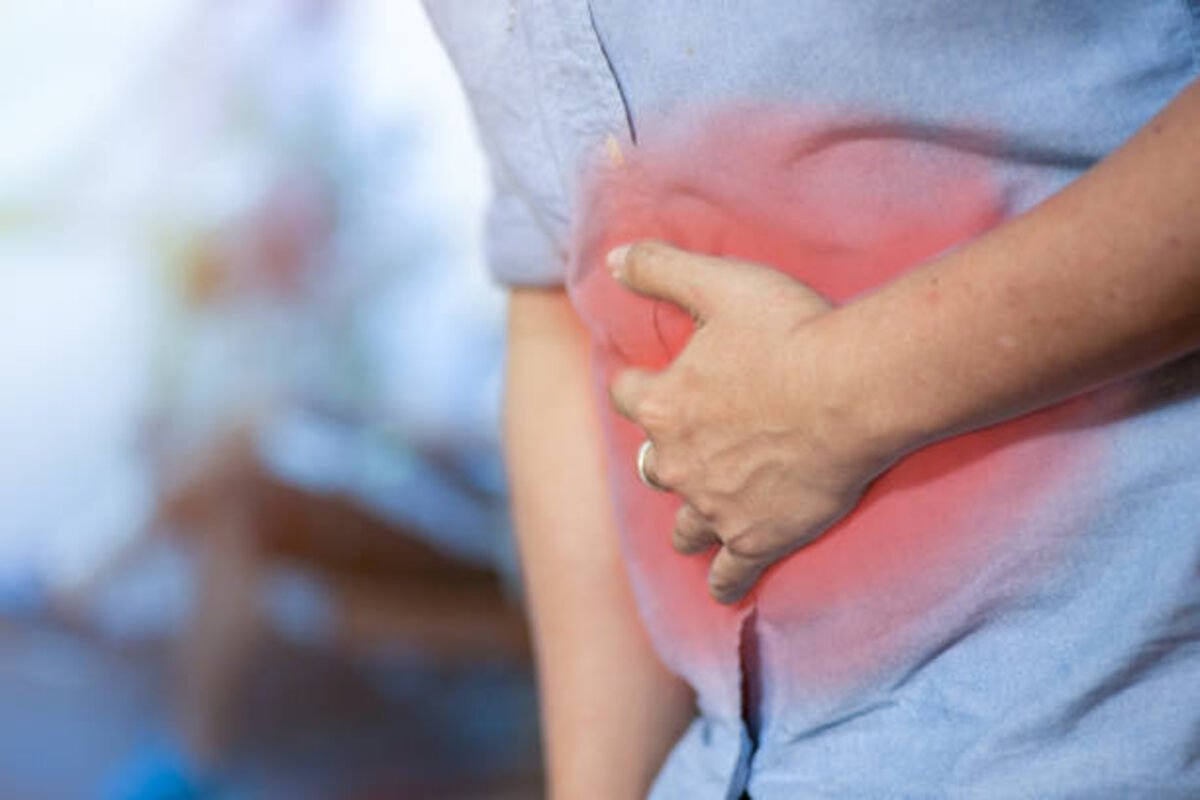The symptoms of gastroenteritis usually last about a week, but some people may have symptoms for longer. If you have persistent symptoms, you should visit your healthcare provider. They will likely recommend stool and blood tests to rule out other conditions. In some cases, the illness is treatable. However, if you experience a prolonged bout of nausea or vomiting, you should seek medical attention.
Table of Contents
Symptoms
Gastroenteritis can be a painful illness with unpleasant symptoms. Most commonly, it will consist of diarrhea and a low fever, but it can also result in loss of appetite, blood in the poop, nausea, and discomfort in the abdomen. Severe cases can lead to dehydration and electrolyte imbalance, so it’s essential to see a doctor for diagnosis and treatment. It’s estimated that 1 in 6 people experience gastroenteritis every year. Unfortunately, the condition can be life-threatening.
Symptoms of gastroenteritis can vary from one person to another, but in most cases, a viral infection is to blame. This illness is highly infectious and spreads from one person to another via contact with contaminated food or objects. Symptoms usually last for a week or less. If you notice these symptoms, you should stay home until you feel better and seek medical attention.
Once symptoms of gastroenteritis have begun to subside, you should slowly return to your regular diet. Begin with clear soups and broths and work your way up to more substantial foods. However, you should avoid eating dairy products and foods with high fiber content. Also, it would help if you were cautious about taking over-the-counter antidiarrhea medicines. Occasionally, your doctor may prescribe antibiotics to help alleviate your symptoms.
Causes
Gastroenteritis is a common illness caused by inflammation of the digestive tract lining. Symptoms include abdominal pain, diarrhea, and vomiting. In severe cases, the patient may also develop dehydration and need intravenous fluids. The causes of gastroenteritis include various bacteria, viruses, and certain chemicals. Therefore, washing hands after touching fecal matter or contaminated water is essential to prevent infection.
Gastroenteritis is most often self-limited, but sometimes it can last for days. If you experience symptoms, your doctor may suggest antibiotics. However, while antibiotics can help with certain infections, they can worsen gastroenteritis. Also, people with weakened immune systems or other chronic conditions are at higher risk of developing complications.
The leading cause of gastroenteritis is a virus. Viruses can be transmitted from person to person by touching contaminated surfaces or food. Children and health care workers are at a high risk of catching the disease. Make sure to wash your hands after touching soiled objects and using the bathroom. Infected people can also transfer the virus to others through food or water.
Treatments
There are many different treatments available if you are suffering from abdominal pain, nausea, vomiting, or fever. First, you need to stay hydrated and get plenty of rest. If your symptoms are severe, you might even require intravenous fluids. You can also take antibiotics or proton pump inhibitors.
The most crucial treatment for gastroenteritis is fluid replacement. This will prevent dehydration and replace fluids lost from vomiting. Signs of dehydration include excessive thirst, dry mouth, and dark yellow urine. Other symptoms to watch for include severe weakness, fever, or stool blood.
Gastroenteritis is an infection of the intestines. It is often accompanied by abdominal pain, diarrhea, and a high fever. For the most part, gastroenteritis is caused by a virus, bacteria, or parasite. The most common cause of gastroenteritis is norovirus, which spreads through contaminated food and contact with an infected person. To avoid contracting the disease, you should practice hand washing frequently. Symptoms of gastroenteritis can be severe, but they generally go away independently.
Diet for gastroenteritis
The best diet for gastroenteritis is to avoid acidic foods and drinks, especially orange juice and carbonated drinks. You should also drink eight to ten glasses of water per day. In addition, you should try to avoid smoking, alcohol, and nicotine. Also, you should limit your intake of spicy foods and beverages.
People with the condition should seek medical attention if the symptoms persist for more than 72 hours. In addition, pregnant women and breastfeeding mothers should not try to treat themselves at home. As a rule, gastroenteritis is caused by a virus and is highly contagious. Therefore, washing your hands and keeping the kitchen surfaces clean is essential. In addition, you should not eat raw meat or drink contaminated water. You should also avoid sharing utensils.
A simple diet for gastroenteritis can help you recover from the symptoms and prevent the illness from returning. Simple foods such as toast and crackers, white rice, and steamed potatoes can ease the stomach and help digestion. In addition to these, you can also include some more complex foods such as oatmeal and hard-boiled eggs.

